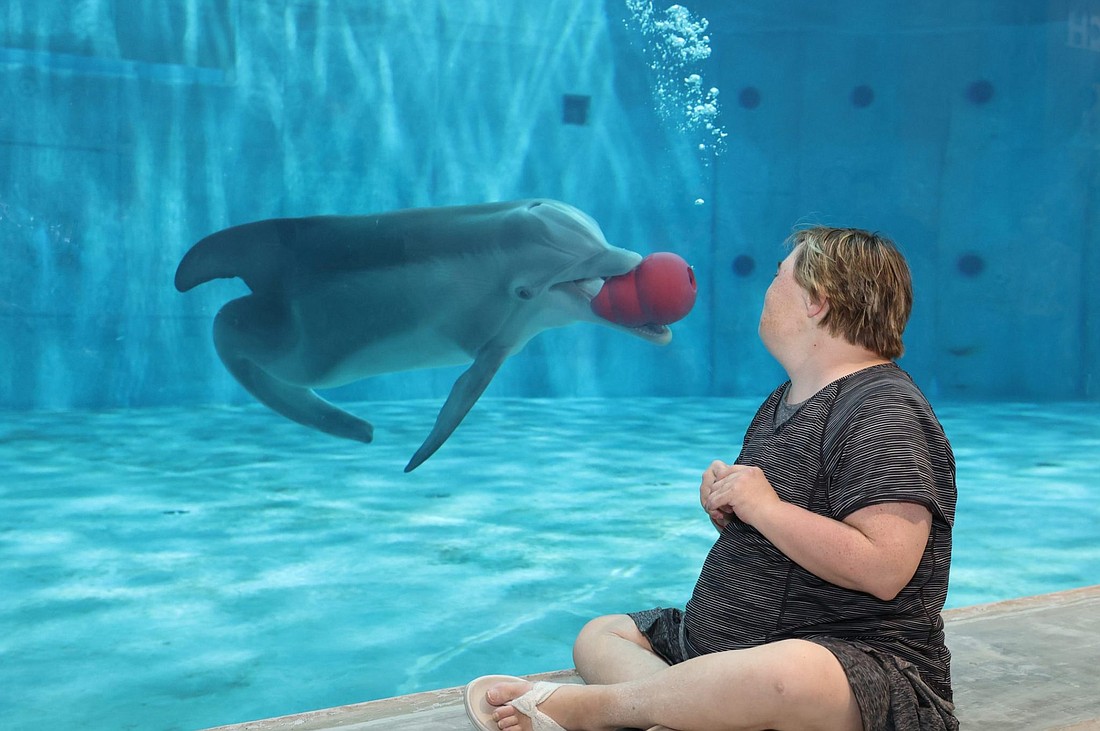- December 15, 2025
-
-
Loading

Loading

You’d be hard pressed to argue that the Clearwater Marine Aquarium in Pinellas County wouldn’t be where it is today if it wasn’t for a single dolphin.
Yes, the facility on Windward Passage in the city’s Island Estate’s neighborhood is internationally known, it draws millions of visitors every year and is a leader in the conservation of sea life. But the reality could have been different were it not for the rescue of that dolphin at Mosquito Lagoon near Cape Canaveral Dec. 10, 2005.